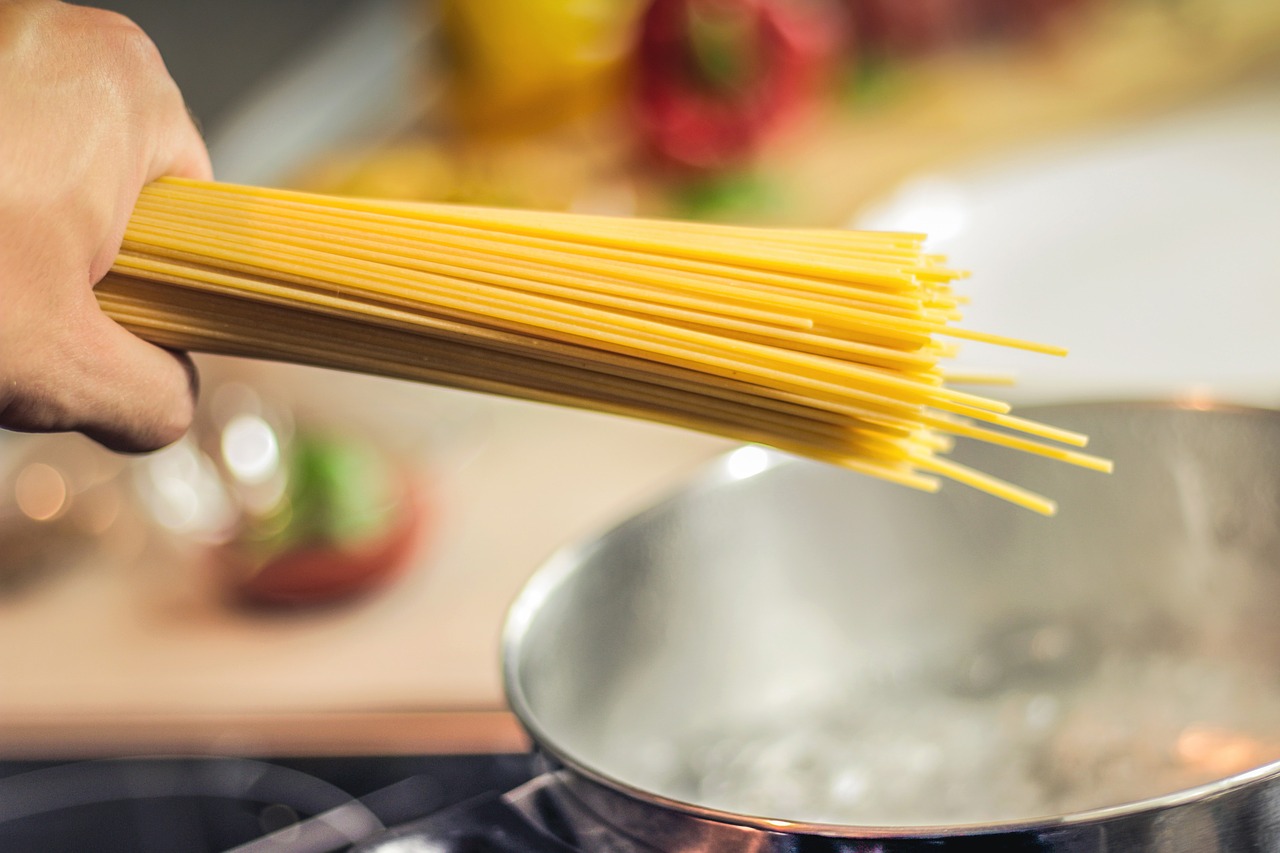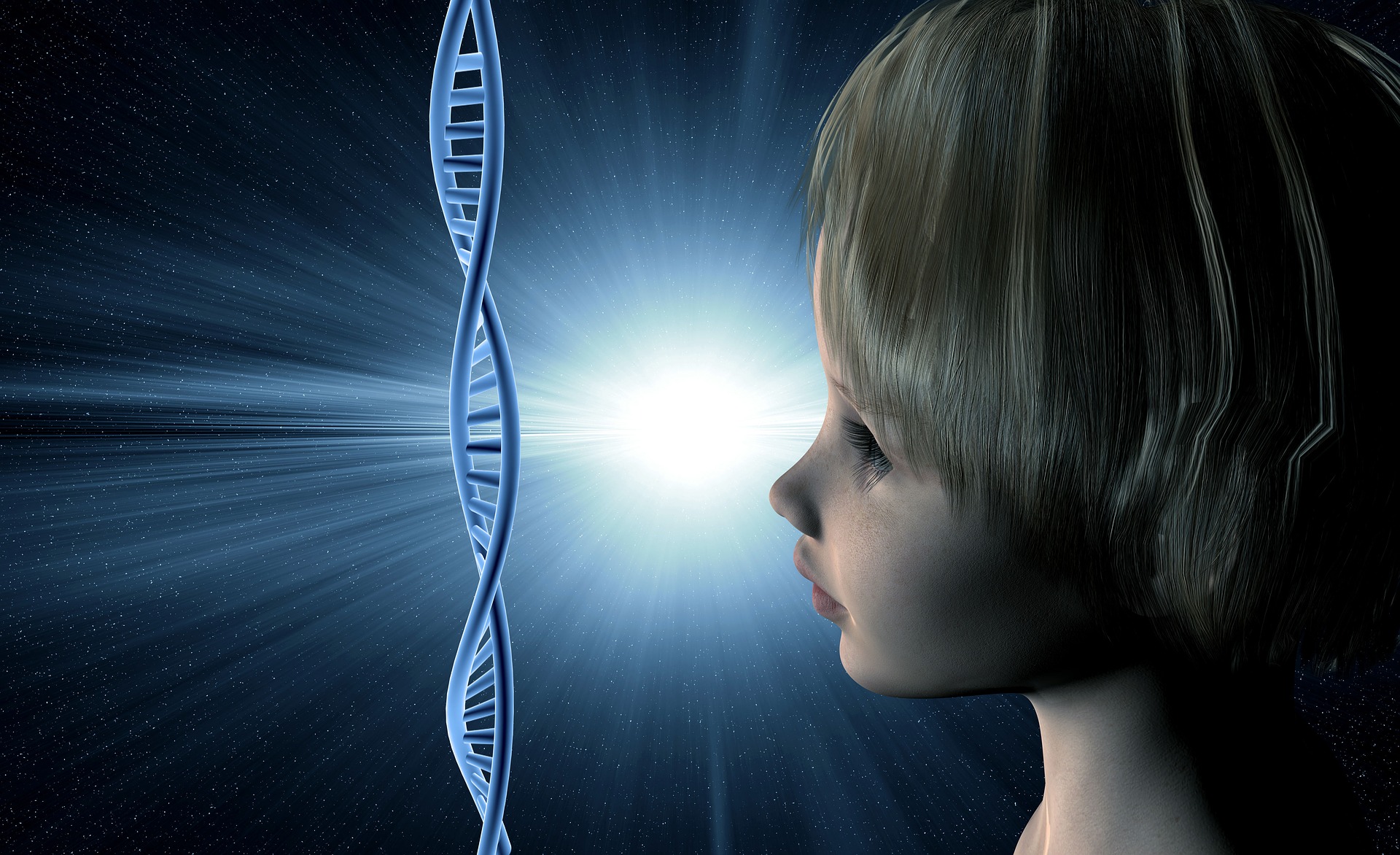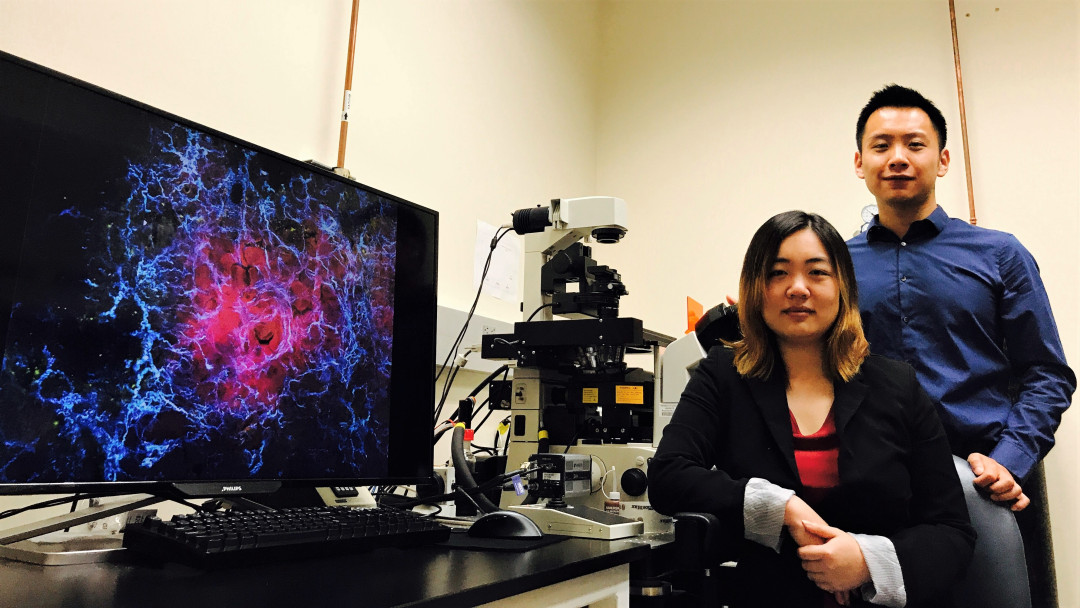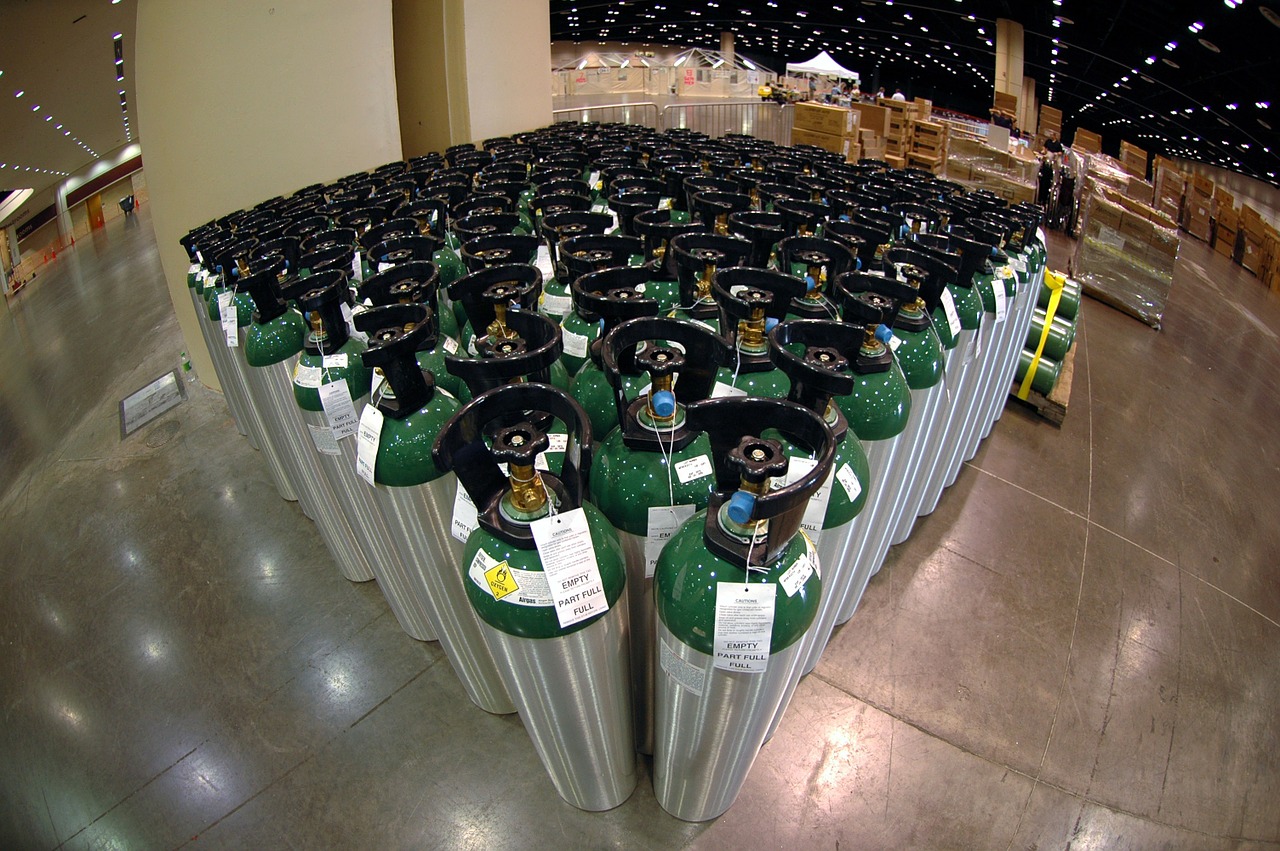Weekly Review #24 – Summary of the latest news in science and technology research across the world, carefully handpicked by team Research Stash
Created Line of Spinal Cord Neural Stem Cells Shows Diverse Promise
Derived from human pluripotent stem cells, these diverse cells advance disease modeling and may provide new, scalable source of replacement cells for spinal cord injuries Read More
Jupiter’s storms: Scientists now think they know what’s causing these powerful storms
Researchers from Australia and the United States have been looking into the interaction between the planet’s atmosphere and its magnetic field. Read More
Ageing in human cells successfully reversed in the lab
The ability to reverse ageing is something many people would hope to see in their lifetime. This is still a long way from reality, but in our latest experiment, we have reversed the ageing of human cells, which could provide the basis for future anti-degeneration drugs. Read More
Physicists Make First Six Dimensional Phase Space Measurement of an Accelerator Beam
A team of researchers led by the University of Tennessee, Knoxville conducted the measurement in a beam test facility at the Department of Energy’s Oak Ridge National Laboratory using a replica of the Spallation Neutron Source’s linear accelerator, or linac. Read More
The ‘Zombie Gene’ That May Protect Elephants From Cancer
With such enormous bodies, elephants should be particularly prone to tumors. But an ancient gene in their DNA, somehow resurrected, seems to shield the animals. Read More
Scientists Develop Lab-Made Mineral That Will Suck CO2 From The Atmosphere
A dream solution is that humans could develop a way to suck as much CO2from the atmosphere as we release, and combined with greenhouse gas emission reductions, we could slow or reverse the tide of climate change. Read More
The nightmarishly complex wheat genome finally yields to scientists
Bread, like wine, is pivotal in Judeo-Christian rituals. Both products exemplify the use of human ingenuity to re-create what nature provides, and the fermentation they both require must have seemed nothing less than magical to ancient minds. Read More
New CRISPR technique skips over portions of genes that can cause disease
In a new study in cells, University of Illinois researchers have adapted CRISPR gene-editing technology to cause the cell’s internal machinery to skip over a small portion of a gene when transcribing it into a template for protein building. Read more
Hundreds of autism genes found to be triggered by a single key protein
Despite some exciting recent advances in early detection methods, autism spectrum disorder is still a frustratingly mysterious and elusive condition. Read More
Scientists solved the Spaghetti Physics Problem That Stumped Richard Feynman
If you’ve ever made pasta, then you’ve probably tried to break a long noodle like spaghetti or linguine. And when you did so, you probably noticed the pasta doesn’t cooperate when you try to break it in half. Instead, dry noodles will almost always break into three or more pieces. Read More
If you liked this article, then please subscribe to our YouTube Channel for the latest Science and Tech news. You can also find us on Twitter and Facebook.



